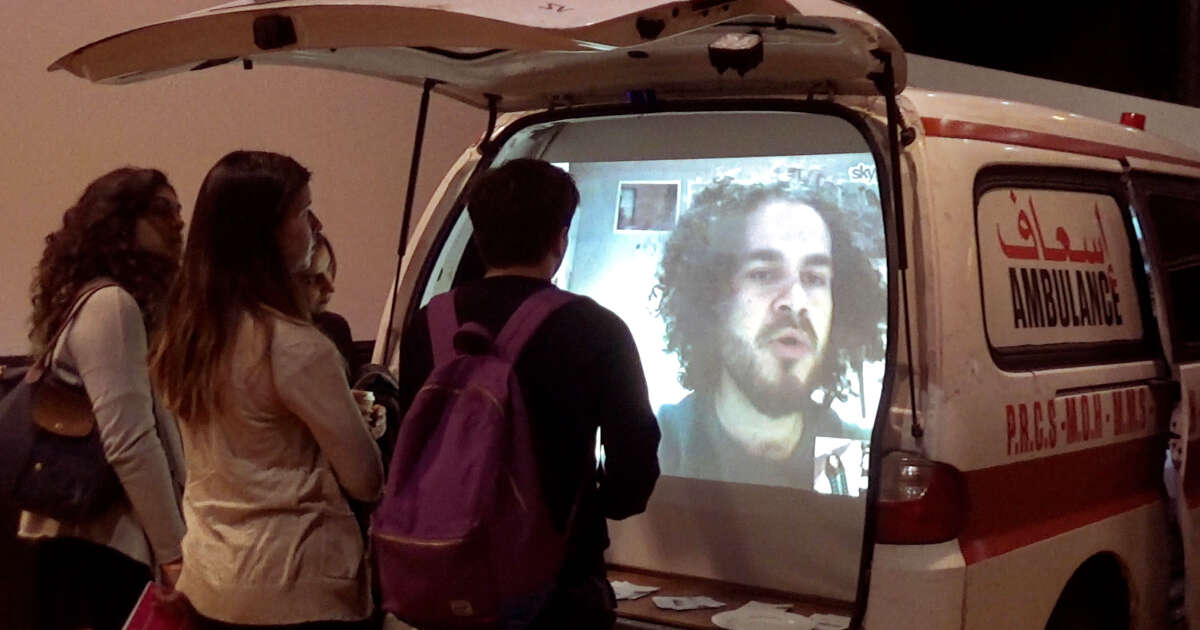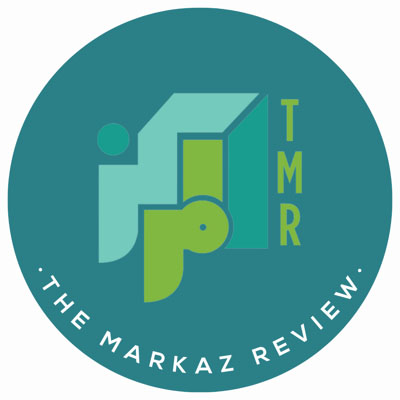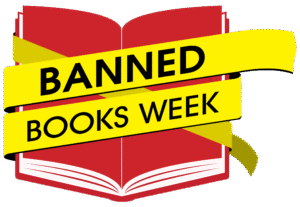TMR World Picks are selected by our editors. We welcome your suggestions: editors@themarkaz.org
TMR
Safar Film Festival: On Dreams, Hopes and Realities
June 18—30, various locations, UK —more info
This festival, founded and run by the Arab British Centre since 2012, is the largest festival in the UK, dedicated to cinema from the Arab world. It offers a unique space for audiences to explore and celebrate the diversity of Arab cinema, past, present, and future.
In his curatorial statement, Safar film festival curator Rabih El-Khoury, notes that Palestine will be the focal point of this year’s edition. “This year’s theme aims to highlight a multitude of daily realities being faced across the Arab world and reflect on how slight hopes and bigger dreams co-exist within such context … this edition is about bringing people together, to exchange, to share, to reflect, to stand up stronger, to show solidarity. But also to dare to dream, and to make our hopes a reality.”
On opening night there will be a screening of the documentary, Life is Beautiful (2023), in which filmmaker Mohamed Jabaly addresses European solidarity when he finds himself stranded in Norway after the Southern border of his hometown, Gaza, shuts down indefinitely. A host of other films are available during the festival including Bye Bye Tiberias (2023) by Lina Soualem (listen to a TMR podcast with the director), and The Tower (2018), an animation that presents a history of Palestine from the Nakba to the present day through the eyes of a young girl, collecting memories of her homeland from around the refugee camp where she was born.
According to El-Khoury, “Heritage films have always held a crucial place in the festival and this year we offer the chance to rediscover three landmark films rendered even more powerful through the eyes of today.” These include the documentary Soraida, a Woman of Palestine (2004), which transports us back to Ramallah at the turn of the century. The classic, lyrical Wedding in Galilee (1987) by Michel Khleifi, presented in its restored version, was the first feature fiction made in Palestine by a Palestinian director. The newly restored edition of Fatma 75 (1976) by Selma Baccar presents an innovative docu-fiction that embarks on a historical feminist journey to meet ancient and contemporary revolutionaries involved in the struggle for Tunisian independence.
“To further connect SAFAR with our local and Arab surroundings, we are pleased to feature a constellation of established and emerging guest curators who we have invited to respond to our festival theme. Sharing their expertise in the cinema of their homelands, Butheina Kazim (Cinema Akil, Dubai) dives into poetic, experimental and artistic film from Gulf region; Talal Afifi (Sudan Film Factory, Khartoum) delves into the cinematic techniques, practices and visual experimentation that Sudanese filmmakers have employed over nearly four decades. Filmmaker and SAFAR co-founder Saeed Taji Farouky explores Palestine through militant works and archival material. Finally, supported by mentoring from Curate It, this year’s SAFAR Futures Young Programmers, Amel Moyersoen, Loulwah Kutbi and Sally Zarzour, question migration and belonging and their effects on one’s identity,” explains El-Khoury.
For the complete list of festival films and locations, see HERE.
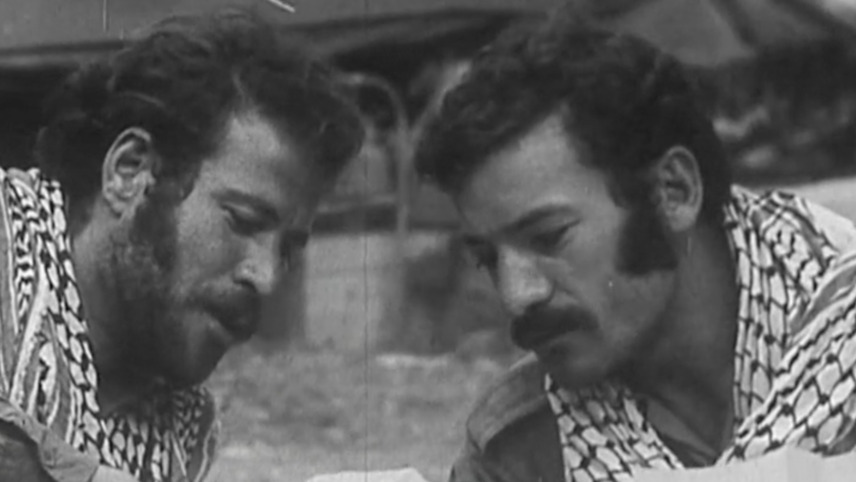
Art For The Struggle, Struggle For The Art
June 22, LONDON’s ICA — more info
In 2003, Palestine Film Unit co-founder Mustafa Abu Ali saw his film They Do Not Exist projected in Palestine for the first time in 20 years and remarked “We used to say ‘Art for the Struggle,’ now it’s ‘Struggle for the Art.’” The revolutionary period of Palestinian cinema, which began in 1968 with the founding of the PFU, represents one of the peaks of militant, internationalist cinema. However, it is a movement often overlooked in scholarship, partly because the film archive was stolen in 1982 when Israeli forces withdrew from Beirut where the archive was stored. Even though many of the films have been found elsewhere, there has undoubtedly been a challenge of access.
Another reason that the films are little known is because Palestine is always an exception in international scholarship and the usual fears and pressures surround the study of anything related to Palestinian resistance.
Says curator Saeed Taji Farouky, “The movement represents a distinct moment in the history of Palestinian resistance in which filmmakers understood that filmmaking was not merely a form of documentation or representation, but an active form of resistance. One element of Israel’s genocide is the cultural genocide of erasing the historical existence of Palestine.
“These films are also a moment in which Palestinians insisted on representing themselves as active in their own liberation struggle, rather than as helpless victims of oppression — the standard mode with which they have been represented since the early 20th century in footage from humanitarian organizations. These militant films function simultaneously as political education, as sites of organizing and resisting, as tools to galvanize domestic and international support, and as films as art.
The PFU films that will be screened at the ICA on June 22 include: Far Away from Home (dir. Qais Al-Zubaidi, 1969, 11 min.) in which children in Al-Sabineh Palestinian refugee camp in Syria narrate their own footage; the disturbing counterpoint to Far Away from Home, The Game (dir. Shirak, 1973, 16 min.), about violence against children; the experimental film, The Cowboy, which draws parallels between the dispossessions of the Native American and Palestinian peoples; Quneitra 74 (dir. Mohammad Malas, 1974, 20 min.), documentary fiction on the destruction of Quneitra in the Golan Heights, by the Israeli in 1974, its reconstruction and fragile memories; and Children without Childhood (dir. Khadijeh Habashneh, 1972, 21 min.), a film co-produced by the General Union of Palestinian Women, about the treatment of orphans of Bayt Al-Sumud (The House of Steadfastness) and the contradictions in international law.
The films from the PFU will be followed by a discussion with Professor Anandi Ramamurthy, Emeritus Professor in Media and Culture at Sheffield Hallam University, and member of a creative coalition, which restores and exhibits Palestinian films from the 1970s
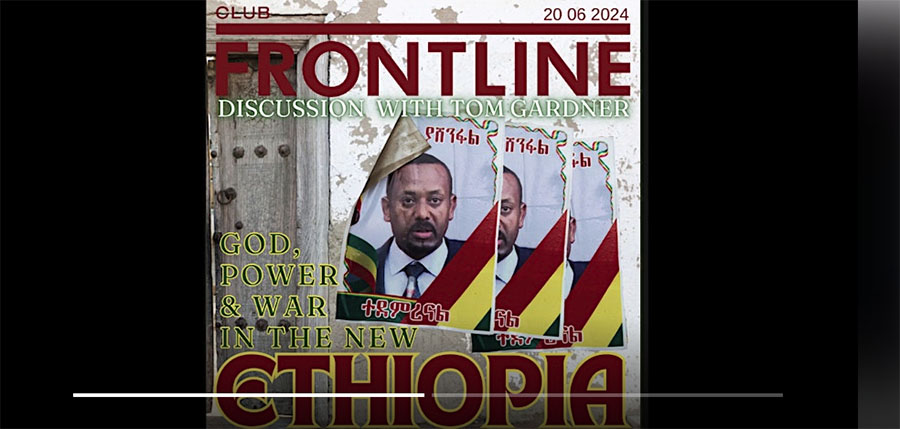
Panel discussion: God, Power and War in Ethiopia
June 20, Frontline Club, LONDON—more info
The UK Channel 4’s International Correspondent Lindsey Hilsum will be speaking with Tom Gardner on his new book released this month, The Abiy Project: God, Power and War in the New Ethiopia (Hurst). Tom Gardner is The Economist’s Africa Correspondent based in Nairobi. He moved to Addis Ababa in 2016 and covered Ethiopia during its most tumultuous years in decades, traveling to all corners of the country before his expulsion by the Abiy Ahmed government at the height of the Tigray war in 2022.
Based on hundreds of interviews with Ethiopians of all persuasions, and extensive reporting across the country, this book traces the fading hope of Ethiopia’s transition, unravelling the paradoxes of an enigmatic world leader. Despite everything, Abiy remains in power, embodying the new Ethiopia in all its contradictions, triumphs and tragedy. But his attempt to remould the country in his image almost broke it—and may break it still.
“The rise, fall and rise of Abiy Ahmed, Nobel Peace Prize winner and prosecutor of one of the world’s bloodiest civil wars, is a compelling and confusing tale of our age with ramifications well beyond Ethiopia.” —David Pilling, Africa Editor, Financial Times.
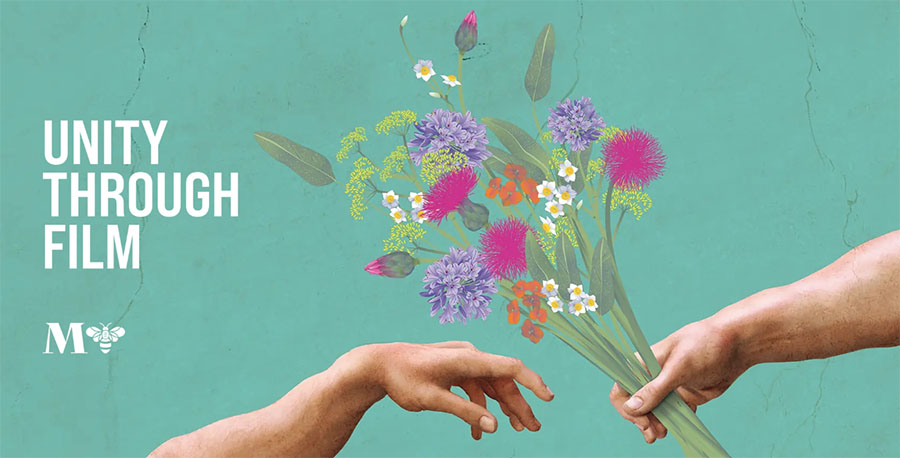
Mediterrane Film Festival Second Edition: Unity Through Film
June 22—30, Valletta, MALTA —more info
A celebration of film and creativity that brings together the best of the Mediterranean region and beyond. Established in 2023, the annual event takes place in Valletta, the capital of Malta, and aims to unite countries to foster collaboration, opportunity, and a shared love for film.
This year, the festival has selected 13 immersive virtual reality projects for its Future Visions program strand. Michel Reilhac, Future Visions Curator and also Head of Studies for the Venice Biennale College, says: “Immersive experiences engage us in a very powerful new way, expanding the cinema setting in new directions, and there is nothing more exciting than experiencing the birth of a new art form in the making.”
Mediterrane also presents a series of panels and master classes, featuring industry experts covering topics that include globalization in the entertainment industry, film circulation, and co-production among Mediterranean countries and beyond, emerging storytelling trends, immersive technologies and the animation landscape.
Teresa Cavina, the festival’s artistic director, says: “From political instances to sensitive representations of the human soul, to a concern for nature, each film finds its meaning and its place. The mobile and profound ‘women gaze’ runs through all sections with an extraordinary presence of works signed by women, around 16, almost half of the film selection. The female presence is also beginning to emerge in a field, that of immersive reality, hitherto explored and created almost exclusively by men…”
To register, go HERE.
Book Launch & Discussion in Arabic: My Life in Jewelry: A Memoir (AUC Press, 2024)
June 26, Ewart Hall/AUC, CAIRO—more info
The personal story of Azza Fahmy, the Arab world’s top jewelry designer and entrepreneur who overcame great obstacles to become an international luxury brand.
While Fahmy’s story is one of great accomplishment, woven through it are her struggles as a single mother, a middle-class Egyptian, and a woman working in a man’s profession. Fahmy would go on to work with the master craftsmen of Khan al-Khalili, the great craft district of historic Cairo, and the nearby Sagha, or goldsmiths’ and silversmiths’ district. Through her intimate knowledge of these jewelry workshops, Azza Fahmy takes readers through the quarter’s exquisite architecture and bustling alleyways, peopled with silversmiths, goldsmiths, brass workers, and artisans of every stripe, and lays out the indelible influence this now disappearing world has left on her acclaimed jewelry designs.
This event is hybrid and will be live-streamed on AUC Press Facebook Page and will be fully conducted in Arabic.
A Write To Live: Storytelling Workshop for Gaza Humanitarian Relief
June 27, Online —more info
This virtual writing shop is perfect for new and beginning writers. Organized and run by Sahar Mustafah, a TMR contributor and the author of the highly acclaimed 2020 novel The Beauty of Your Face (W.W. Norton), participants can enjoy a signed copy of the book as well as raffle prizes.
Registration for the 90-minute guided writing session requires a minimum $20 donation to go towards HEAL Palestine, a nonpolitical, nonprofit humanitarian organization led by individuals with more than three decades of building programs and projects in Palestine.
Read Sahar Mustafah’s short story The Peacock, published in TMR.
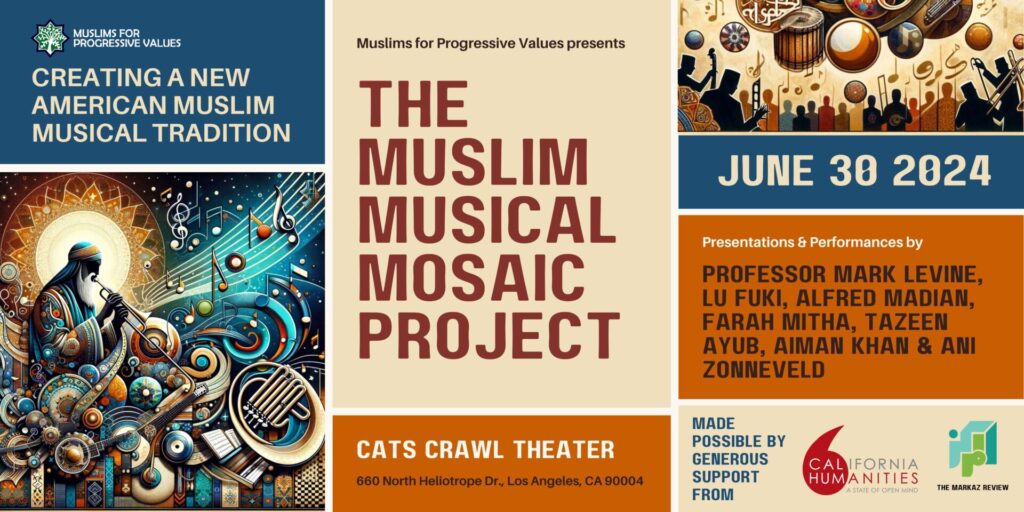
The Muslim Musical Mosaic Project: Creating A New American Muslim Musical Tradition
June 30, Cats Crawl Theatre, LOS ANGELES —more info
The Markaz Review is proud to co-sponsor Muslims for Progressive Value’s event: “Creating a New American Muslim Tradition” as part of Phase I of their Muslim Musical Mosaic.
Featured speakers and performers include: Professor Mark Levine (University California-Irvine), Lu Fuki, Alfred Madian, Farah Mitha, Tazeen Ayub, Aiman Khan and Ani Zonneveld.
Learn more and register HERE.



